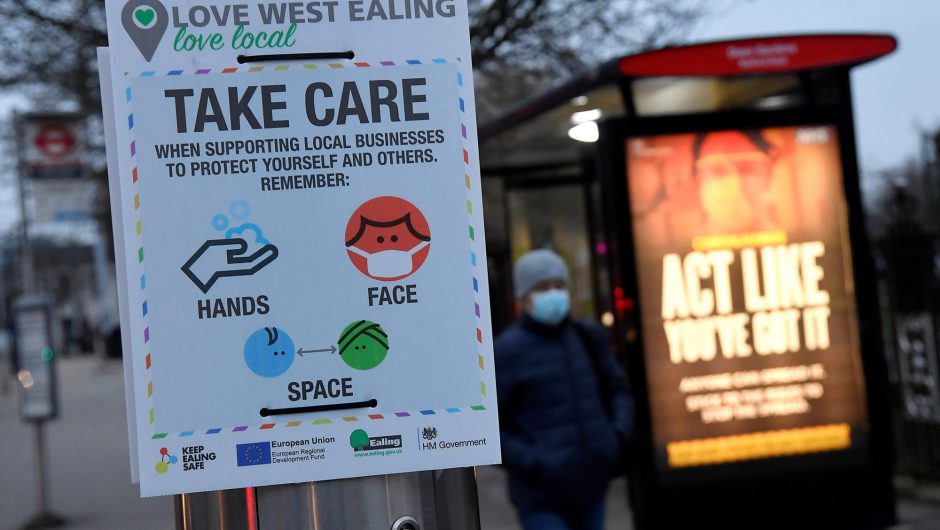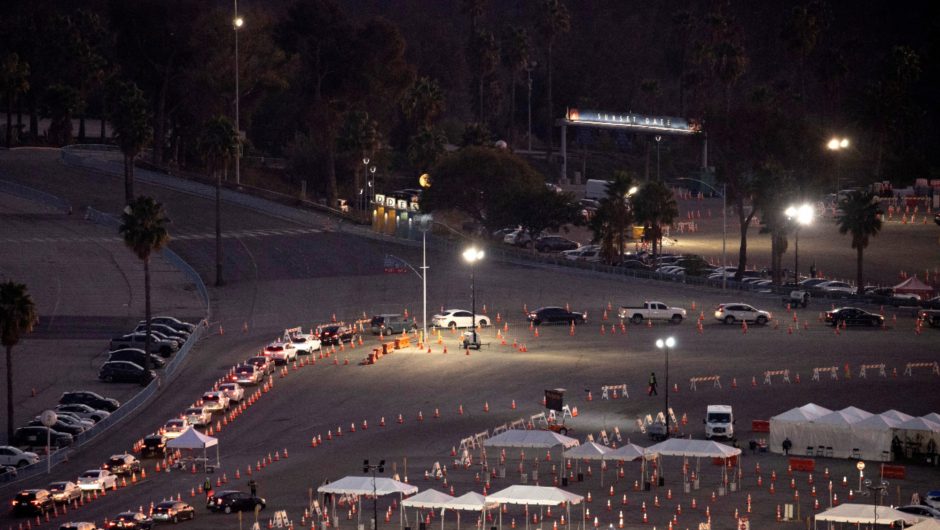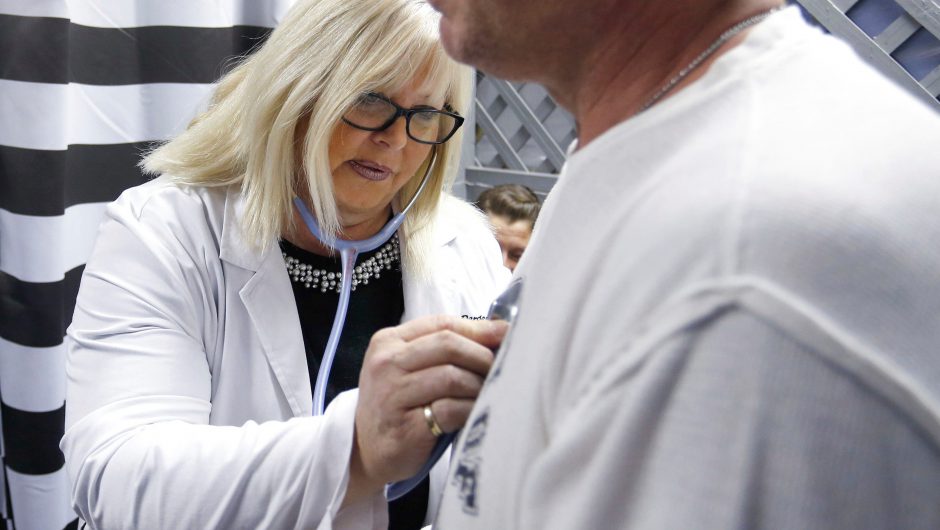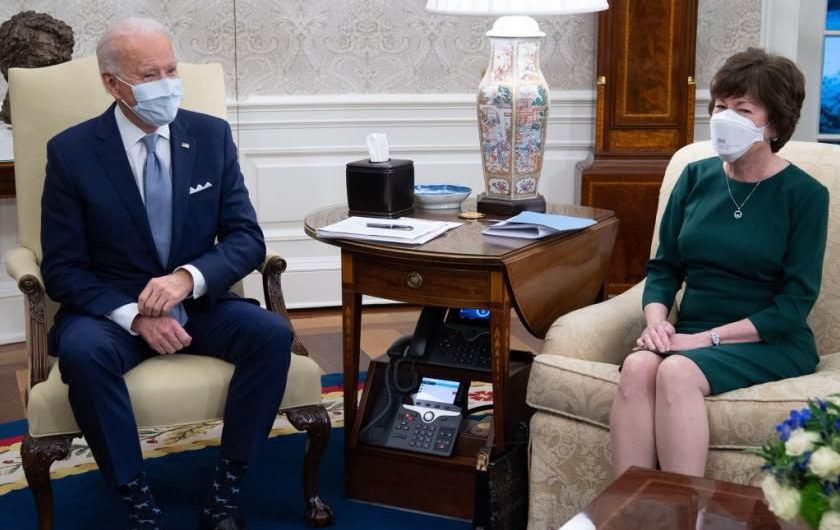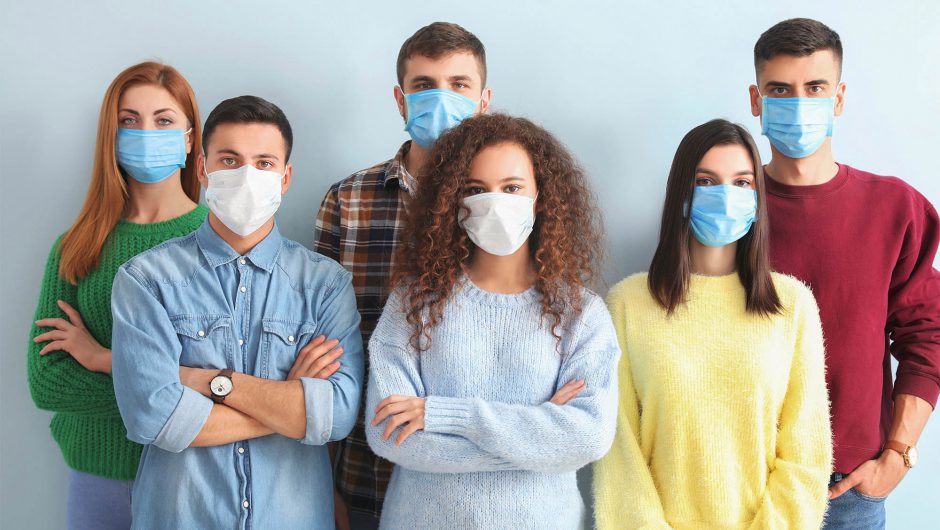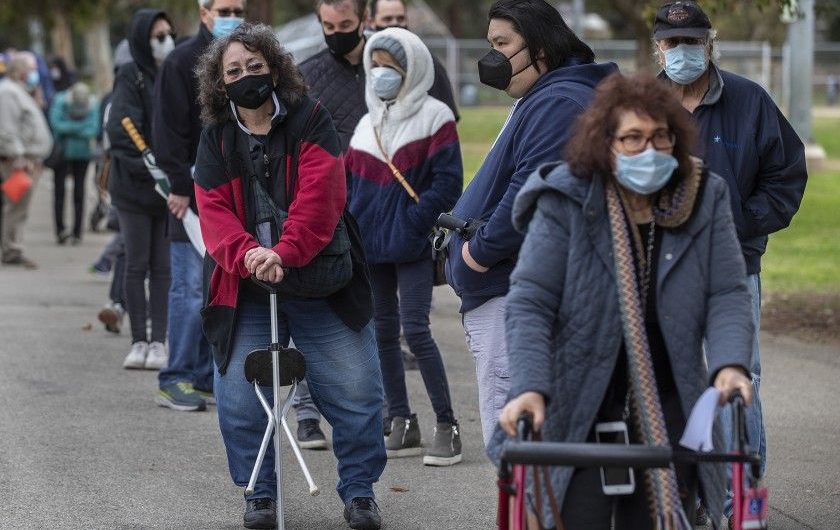[ad_1]
For many survivors of COVID-19, the silver lining of the grueling illness is the hope that they will have gained permanent immunity and can never contract the disease again. But new studies suggest this may not be the case and that immunity to the coronavirus may be short-lived.
A U.K. study published on July 11, which has not yet been peer-reviewed, found that antibodies may start to decline 20 to 30 days after the onset of COVID-19 symptoms and that detectable amounts of antibodies fell rapidly in the weeks afterward.
A Chinese study published in June found that antibody levels in patients who had recovered from COVID-19 fell sharply within two to three months after infection.
“We’re seeing in other countries evidence that people may be losing their antibodies over a period of time,” says Yahoo News Medical Contributor Dr. Dara Kass.
“And so we need to continue to test and track patients not just when they’re actively infected but also as they recover to understand more about what it means to be recovered from this coronavirus.”
A health care worker prepares to administer a drive through antibody test at Belmont Medical Care in Franklin Square, N.Y. (Getty Images)
An antibody is a protective protein produced by the immune system, binding to foreign substances, like viruses, so they can be neutralized and removed from the body. Antibody testing, which can detect if a person was previously infected, has slowly been ramping up in the United States in tandem with nasal swab testing, which detects active infections. Yet the limitations of antibodies have been acknowledged for a while.
The World Health Organization has for months cautioned against the notion that antibodies provide permanent immunity. “Some governments have suggested that the detection of antibodies to the SARS-CoV-2, the virus that causes COVID-19, could serve as the basis for an ‘immunity passport’ or ‘risk-free certificate’ that would enable individuals to travel or to return to work assuming that they are protected against re-infection,” WHO said on its website in a post dated April 24. “There is currently no evidence that people who have recovered from COVID-19 and have antibodies are protected from a second infection.”
Story continues
And on Monday, WHO addressed concerns raised by recent studies that antibodies developed against the coronavirus may diminish over time.
People infected with COVID-19 do have an immune response, said Dr. Maria Van Kerkhove, an epidemiologist and WHO’s COVID-19 technical lead, in a press conference. “What we don’t know is how strong that protection is and for how long that protection will last,” she added, noting that studies are underway looking to better understand that question.
Dr. Maria Van Kerkhove during a World Health Organization press briefing on COVID-19. (Fabrice Coffrini/AFP via Getty Images)
While there’s been a lot of focus on antibodies, scientists are also looking at other immune responses, such as T cells, to better understand how immunity — preferably long-term immunity — against the coronavirus could be acquired. But if immunity to COVID-19 does indeed wane over time, it would make the disease similar to other coronaviruses such as the common cold.
“When you look at the history of the common coronaviruses that cause the common cold, the reports in the literature are that the durability of immunity that’s protective ranges from three to six months to almost always less than a year. That’s not a lot of durability of protection,” top infectious disease expert Dr. Anthony Fauci said in an interview with JAMA.
“It may be completely different with this coronavirus, SARS-CoV-2,” he added. “It may be that people induce a response that’s quite durable. But if it acts like common coronaviruses, it likely is not going to be a very long duration of immunity.”
The chance of dwindling immunity leaves open the question of whether reinfection could happen. In the U.S., stories have been popping up from doctors claiming they have patients who have been reinfected by the virus after testing negative — mirroring concerning reports out of China and South Korea earlier in the pandemic in which recovered patients were said to have tested positive again. But Kass and others caution that it’s too soon to interpret such antidotes without broader studies.
“The truth is, we don’t actually know exactly what happened,” Kass said. “We don’t know if they were positive, it was a false negative and then they were positive again or if they actually did develop a new strain of the virus. We just don’t know.”
People stand in line without social distancing outside a restaurant in Gotland, Sweden. (Martin von Krogh/Getty Images)
The possibility that people could lose immunity to the coronavirus over time would put a damper on the idea of achieving herd immunity through natural infection, which has been touted as a possible solution to COVID-19 almost since the beginning of the pandemic. Herd immunity occurs when most of a population is immune to an infectious disease, either through prior infection or a vaccine, providing indirect protection to those not immune to the disease. According to Johns Hopkins University, usually 70 percent to 90 percent of a population needs to be immune in order to achieve herd immunity.
“Unfortunately, with a virus like the coronavirus, if antibodies or immunity stops working after a period of time, that would affect the idea of natural herd immunity,” Kass says. “We also know that we’ve never seen herd immunity to any infection just by natural infection alone. It’s always been a vaccine. So I’m not waiting for herd immunity to get us out of this mess.”
Sweden received a lot of attention early in the pandemic when, unlike many other European countries, it chose not to impose lockdown measures in the hopes of achieving herd immunity through natural infection. Yet by late May, only about 6 percent of Sweden’s population had developed antibodies to the virus, according to a study by Sweden’s Health Agency, while death rates were significantly higher than European countries that imposed stay-at-home measures.
“There are so many questions about what happens after you recover from the coronavirus and how long those antibodies last for,” Kass says. “Do you get more antibodies if you get sicker? Do those antibodies last for a minimum amount of time, or do they all go away by maybe a year?”
These same questions will be critical to any vaccine, according to Kass. “Will this be a vaccine that we have to give more than once like a booster, or something we give every single year? We just don’t know.”
But Kass says any new studies or information on whether reinfection may be possible or whether immunity may diminish over time shouldn’t alter people’s behavior.
“For people out there that have had the coronavirus and are fortunate enough to have recovered, this should not be something that changes your life very much,” Kass says, “because you should have still been wearing a mask, washing your hands and responsibly distancing from other people.”
_____
Read more from Yahoo News:
[ad_2]
Source link



